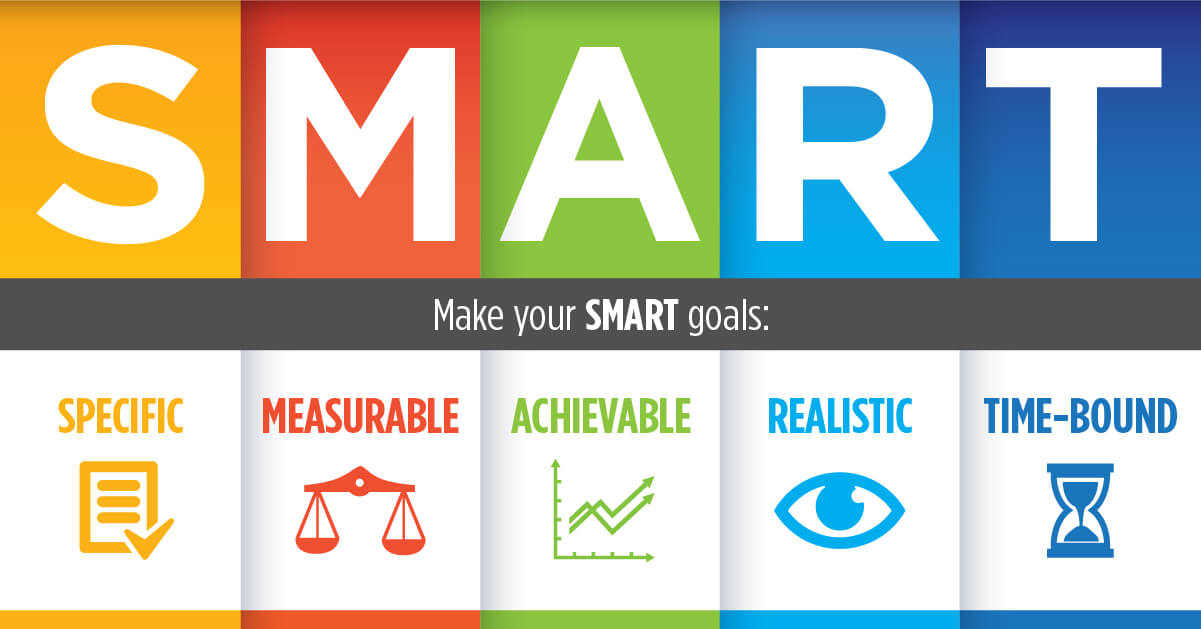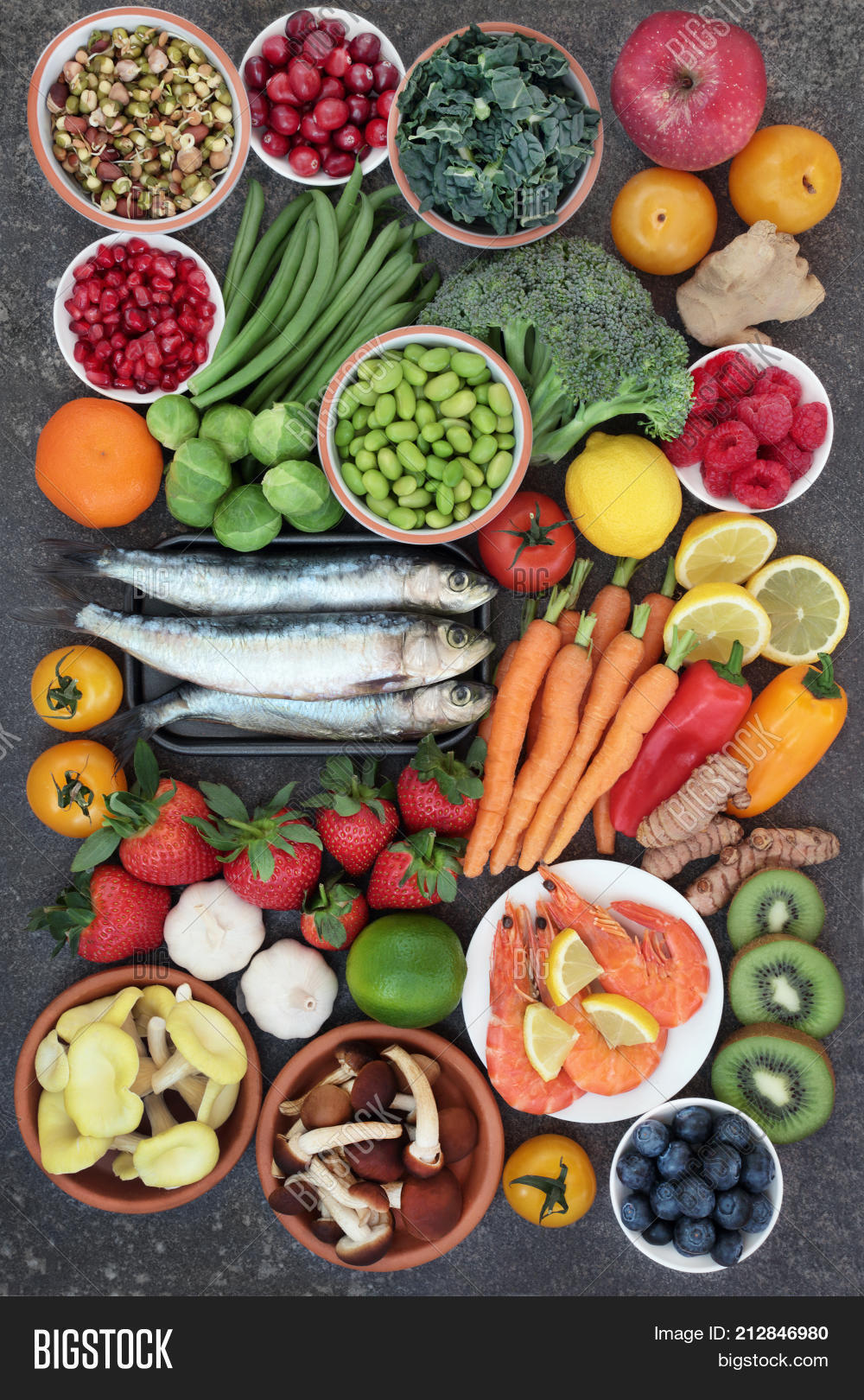Designing an Effective and Sustainable Diet Plan for Optimal Health
Maintaining a healthy diet is crucial for overall well-being and longevity. A well-designed diet plan can provide the necessary nutrients, promote weight management, and reduce the risk of chronic diseases. However, with an overwhelming amount of information available, it can be challenging to create a diet plan that is both effective and sustainable. In this blog post, we will explore the key elements of designing a diet plan that promotes optimal health and can be easily incorporated into your lifestyle.
- Set Clear and Realistic Goals:
Before embarking on any diet plan, it's important to define your goals. Whether your objective is to lose weight, improve energy levels, or manage a specific health condition, setting clear and realistic goals will help you stay focused and motivated throughout your journey.
- Assess Your Nutritional Needs:
Understanding your body's nutritional requirements is essential for designing an effective diet plan. Consult with a registered dietitian or nutritionist who can evaluate your current diet, lifestyle, and any specific needs or restrictions you may have. Factors such as age, activity level, and existing health conditions should be considered to create a personalized and balanced diet.
- Focus on Whole, Nutrient-Dense Foods:
A healthy diet should primarily consist of whole, unprocessed foods. These include fruits, vegetables, whole grains, lean proteins, and healthy fats. These include nutrient-dense foods provide essential vitamins, minerals, fiber, and antioxidants, while minimizing the intake of added sugars, unhealthy fats, and sodium.
- Portion Control and Moderation:
In addition to the quality of food, portion control plays a significant role in achieving dietary goals. Be mindful of your portion sizes to avoid overeating and listen to your body's hunger and fullness cues. Practice moderation when it comes to indulgent or less nutritious foods, as completely restricting them often leads to feelings of deprivation and can be difficult to sustain long-term.
- Hydration is Key:
Adequate hydration is often overlooked but is crucial for overall health. Make water your beverage of choice and aim to drink at least eight glasses a day. Proper hydration supports digestion, nutrient absorption, metabolism, and helps maintain optimal bodily functions.
- Meal Planning and Preparation:
Planning your meals and snacks in advance can significantly contribute to the success of your diet plan. Design a weekly meal plan, considering your schedule and food preferences, and prepare as much as possible in advance. This approach saves time, reduces impulsive food choices, and ensures you have nutritious options readily available.
- Regular Physical Activity:
A well-rounded diet plan should be complemented by regular physical activity. Engage in exercises that you enjoy, such as walking, cycling, dancing, or any other form of aerobic activity. Strength training exercises are also beneficial for building lean muscle mass and improving overall fitness levels.
- Monitor and Adjust:
Regularly monitor your progress and make adjustments as needed. Keep a food diary to track your meals, snacks, and emotions surrounding food. This can help identify any patterns or areas for improvement. Additionally, consult with a healthcare professional or dietitian periodically to reassess your diet plan and make necessary modifications.
Designing an effective and sustainable diet plan requires careful consideration of your individual needs, preferences, and goals. By focusing on whole, nutrient-dense foods, practicing portion control, staying hydrated, and incorporating regular physical activity, you can create a diet plan that supports optimal health and well-being. Remember, consistency and gradual changes are key to long-term success. Embrace the journey and make your diet a sustainable part of your lifestyle for lasting benefits.






Comments
Post a Comment